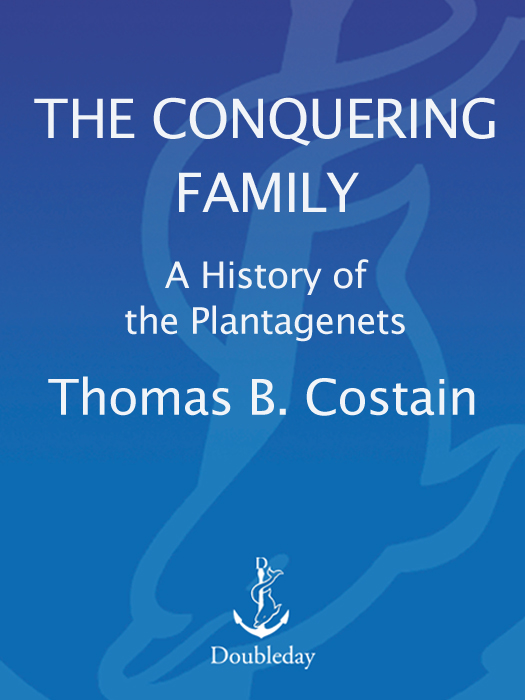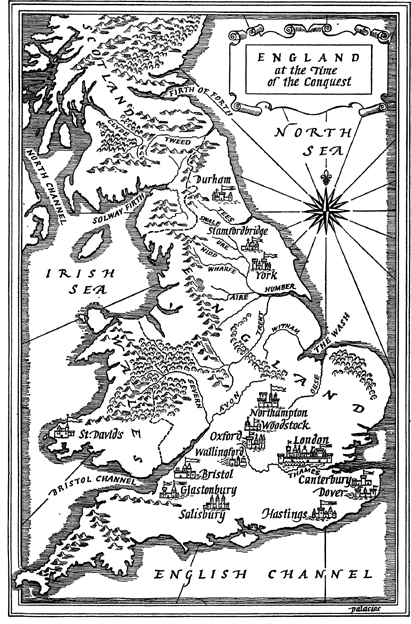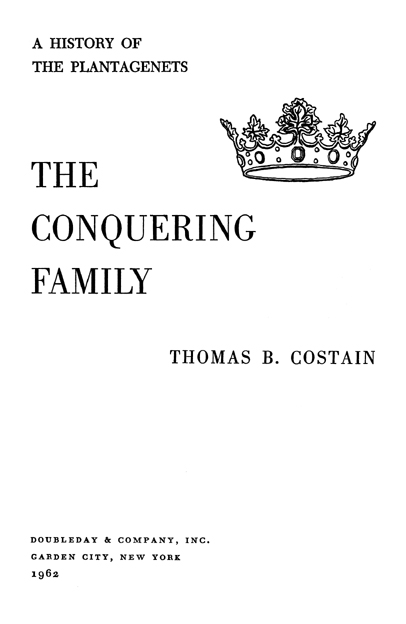Richard Scarry - The Sleeping Car Adventure
Here you can read online Richard Scarry - The Sleeping Car Adventure full text of the book (entire story) in english for free. Download pdf and epub, get meaning, cover and reviews about this ebook. year: 1994, publisher: Golden Books Publishing Company, Inc., genre: Non-fiction. Description of the work, (preface) as well as reviews are available. Best literature library LitArk.com created for fans of good reading and offers a wide selection of genres:
Romance novel
Science fiction
Adventure
Detective
Science
History
Home and family
Prose
Art
Politics
Computer
Non-fiction
Religion
Business
Children
Humor
Choose a favorite category and find really read worthwhile books. Enjoy immersion in the world of imagination, feel the emotions of the characters or learn something new for yourself, make an fascinating discovery.

- Book:The Sleeping Car Adventure
- Author:
- Publisher:Golden Books Publishing Company, Inc.
- Genre:
- Year:1994
- Rating:3 / 5
- Favourites:Add to favourites
- Your mark:
- 60
- 1
- 2
- 3
- 4
- 5
The Sleeping Car Adventure: summary, description and annotation
We offer to read an annotation, description, summary or preface (depends on what the author of the book "The Sleeping Car Adventure" wrote himself). If you haven't found the necessary information about the book — write in the comments, we will try to find it.
The Sleeping Car Adventure — read online for free the complete book (whole text) full work
Below is the text of the book, divided by pages. System saving the place of the last page read, allows you to conveniently read the book "The Sleeping Car Adventure" online for free, without having to search again every time where you left off. Put a bookmark, and you can go to the page where you finished reading at any time.
Font size:
Interval:
Bookmark:


THE LAST PLANTAGENETS :
A History of the Plantagenets
THE CHORD OF STEEL
THE DARKNESS AND THE DAWN
THE THREE EDWARDS :
A History of the Plantagenets
BELOW THE SALT
STORIES TO REMEMBER
(with John Beecroft)
MORE STORIES TO REMEMBER
(with John Beecroft)
THE TONTINE
THE MISSISSIPPI BUBBLE
THE WHITE AND THE GOLD :
The French Regime in Canada
THE SILVER CHALICE
THE MAGNIFICENT CENTURY :
A History of the Plantagenets
SON OF A HUNDRED KINGS
THE CONQUERING FAMILY :
A History of the Plantagenets
HIGH TOWERS
THE MONEYMAN
THE BLACK ROSE
RIDE WITH ME
JOSHUA: A BIOGRAPHY
(with Rogers MacVeagh)
FOR MY GREAT FOLLY

LIBRARY OF CONGRESS CATALOG CARD NUMBER 62-20488
COPYRIGHT 1949, 1962 BY THOMAS B. COSTAIN
ALL RIGHTS RESERVED
eISBN: 978-0-307-80954-4
v3.1
To
MY WIFE
I BEGAN these books of English history with the hope of carrying the series forward, under the general title of The Pageant of England to a much later period than the last of the Plantagenet kings. Pressure of other work made it impossible, however, to produce them at the gait I had hoped to achieve. And now the factor of time has intruded itself also. Realizing that my earlier objective cannot be reached, I have decided to conclude with the death of Richard III and to change the covering title to A History of the Plantagenets.
This has made necessary some revision in getting the four volumes ready for publication. The first five chapters in the initial book, which began with the Norman Conquest and covered the reigns of William the Conqueror, William (Rufus) the Second, and Henry the First, had to be dropped. The first volume in this complete edition of the four begins with the final scenes in the reign of Henry the First whose daughter married Geoffrey of Anjou and whose son succeeded in due course to the throne of England as Henry the Second, thus beginning the brilliant Plantagenet dynasty. The title of the first volume has been changed to The Conquering Family. In addition to the deletion of the early chapters, a few slight cuts and minor revisions have been made throughout the series. Otherwise the four books are the same as those published separately under the titles, The Conquerors, The Magnificent Century, The Three Edwards, and The Last Plantagenets.
THOMAS B. COSTAIN
T HE Angevin country begins between Normandy and Brittany and continues down through Maine and Anjou. In the Middle Ages this fair and romantic land was dotted with towns and castles of great interest and importance. Here were the castles of Chinon, stretching like a walled city along a high ridge, here was Angers with its many-towered and impregnable castle, here also the famed abbey of Fontevrault where many great figures of English history are buried. Here in the spring and early summer the hedges and fields were yellow with a species of gorse (it still grows in profusion) called the planta genesta. It was in an early year of the twelfth century that a handsome young man named Geoffrey, son of the Count of Anjou, fell into the habit of wearing a sprig of the yellow bloom in his helmet. This may be called the first stage in the history of the conquering family who came to govern England, and who are called the Plantagenets.
The Angevin country had been ruled through the Dark Ages by a turbulent, ambitious, violent, and brave family. Strange stories are told about these ancestors of the English kings. The men were warriors who held the belief that forgiveness could be bought for all their wicked deeds, with the result that they were active Crusaders (one of them becoming King of Jerusalem) and they donated many beautiful chapels and shrines to the Church. Some of the women were quite as violent as their husbands but all of them seem to have been beautiful. There was, for example, the forest maiden Melusine who married Raymond de Lusignan, the head of one of the great Angevin families, after getting his promise that he would never see her on Saturdays. It was a happy marriage until the husbands curiosity led him to hide himself in her boudoir. He found then, to his horror, that from the waist down she had taken on the form of a blue and white serpent. The wife died as a result of this revelation but her spirit continued to haunt the Lusignan castle, causing much fear by the sound of her swishing tail. There was another called the witch-countess who was forced to go to mass by four of her husbands knights and who vanished into thin air at the Consecration, leaving them all holding corners of her outer robe, from which came a strong odor of brimstone. Finally there was Bertrade, the supremely beautiful but disdainfully wicked countess who ran away to live with the French king in what was called, even in those dissolute days, a life of sin.
The Counts of Anjou and their lovely but wicked wives gained such an unsavory reputation over the centuries that the people of England were appalled when they found that one of them was to become King of England. This was young Henry, the grandson of Englands Henry I and of the Count of Anjou, and there was much angry muttering and shaking of heads. But the half of young Henry which was English predominated over the half which was Angevin. He proved a strong and able king and, although some who followed him displayed more of the wild and picturesque half of their blood inheritance, the days of their rule in England were fruitful and spectacular. The men were kingly and their women were lovely. They created an empire and they fought long and terrible wars and enriched the island with the booty they brought back. The English people were so proud of them that they often forgave their wickednesses and their peccadilloes.
It was low country, much of it lying in the valley of the imposing Loire, and the land was fertile. It followed that the natives devoted themselves largely to agriculture. They raised crops of wheat and rye and oats, and on all the little streams running in all directions the stones of the millers ground out fine flour. The fields where the planta genesta grew were good for pasture, and the cattle which browsed there were fat and the horses had good bones and glossy coats. The knights of France depended much on the Angevin fields for the chargers they rode into battle. Some vineyards covered the hillsides and excellent light wines were produced.
While the nobility wrangled and fought and led forays into each others territory, and committed all manner of barbarities, the stolid peasants went on plowing their land and tending their stock, and paid as little attention as possible to the menacing activities of the gentry. Ironically enough, it was not until the Counts of Anjou removed themselves to England to reign there as the Plantagenets that the stout peasantry found their land torn by family strife and the march of conquering armies.
Font size:
Interval:
Bookmark:
Similar books «The Sleeping Car Adventure»
Look at similar books to The Sleeping Car Adventure. We have selected literature similar in name and meaning in the hope of providing readers with more options to find new, interesting, not yet read works.
Discussion, reviews of the book The Sleeping Car Adventure and just readers' own opinions. Leave your comments, write what you think about the work, its meaning or the main characters. Specify what exactly you liked and what you didn't like, and why you think so.





